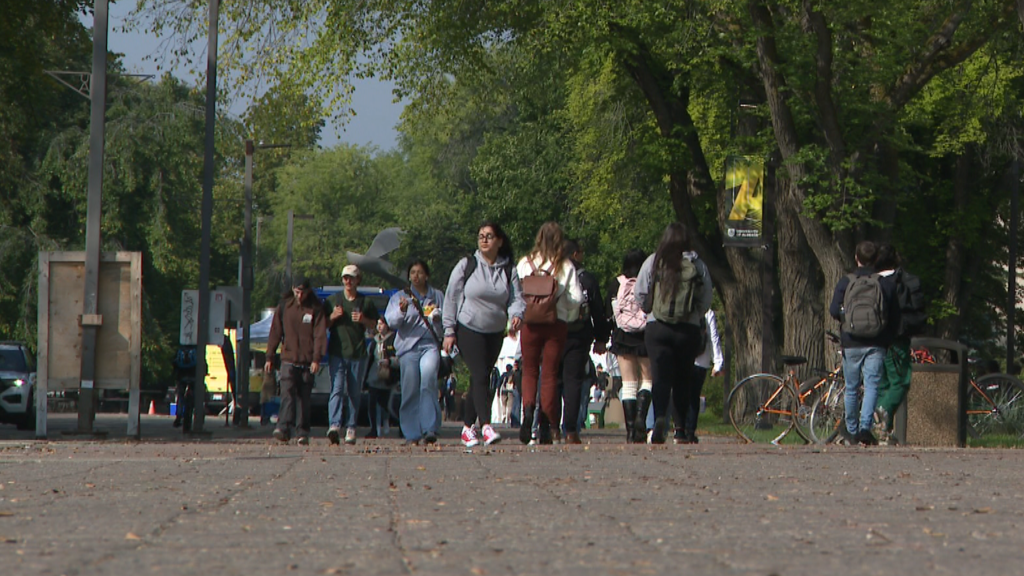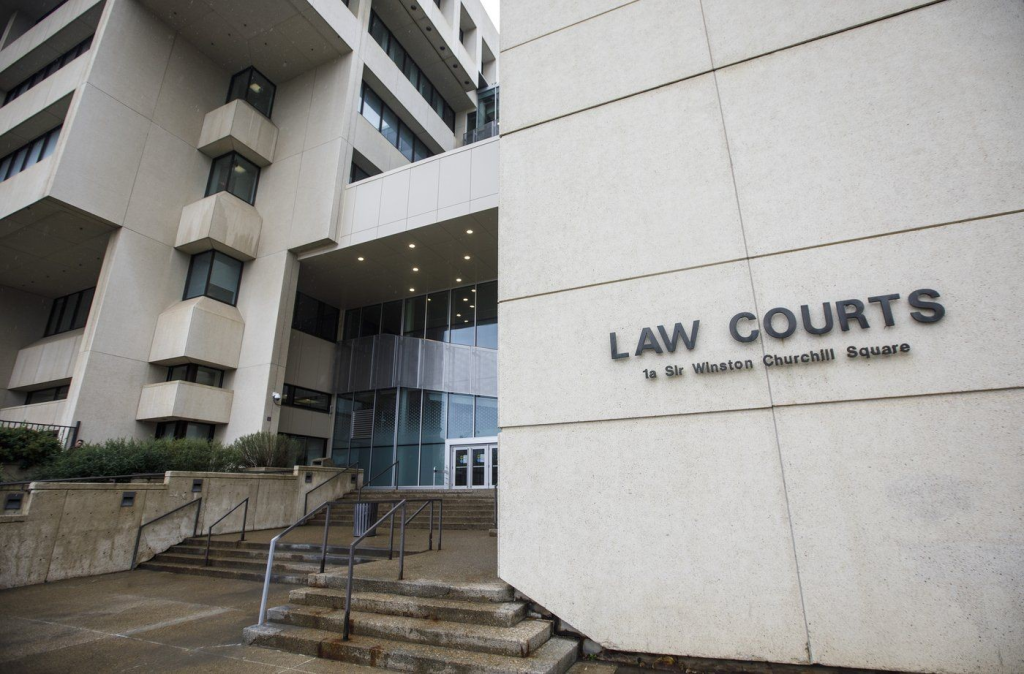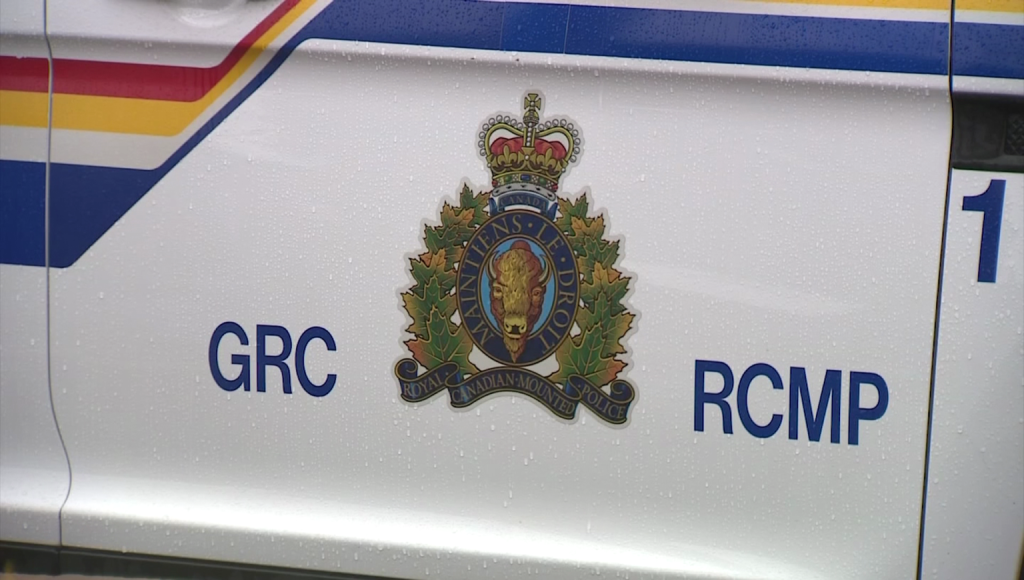55% of Alberta post-secondary students living with parents while finishing school: poll

Posted September 6, 2023 3:35 pm.
Last Updated September 6, 2023 6:50 pm.
Post-secondary students in Alberta – more than any other Canadian province – are staying at home with their parents as they complete their studies.
That’s according to a new poll published Wednesday by RBC.
Almost half of respondents aged 18-29 (47 per cent) said they plan to live with their parents this school year. In Alberta, it was 55 per cent of respondents.
Those numbers are a significant jump from a decade ago, when 36 per cent of students across Canada said they would stay with their parents during the 2013 school year.
One Edmonton student told CityNews inflation is playing a big part in the decision to move out or stay home.
“I’ve seen tuition costs increase, I’d say a large amount,” they said. “I’ve seen food prices go up a lot. There was a year I lived on my own and had a job but I decided to move back home because rent was just super expensive and I could barely afford to eat.
“At the moment I’m living at home with my parents, still.”
RELATED:
- How much do you need to earn to live in Alberta?
- Alberta on track for $2.4B surplus despite wildfires, lower oil prices, fiscal update shows
- Alberta’s electricity cost surge helps drive inflation even as energy prices drop
The Ministry of Advanced Education says Albertans are receiving some financial relief, including doubling the grace period for student loan repayments – from six to 12 months.
The UCP government also says it’s raised the monthly payment for the Alberta Student Grant to $425 to ease pressure on student budgets for the upcoming school year.
“Over $1.1 billion in student loans are available through Budget 2023 to help an estimated 131,000 students invest in their futures through the pursuit of post-secondary education,” Melissa Crane, Alberta’s press secretary for the Ministry of Advanced Education, told CityNews via email.
“There are also millions of dollars in scholarships, grants, and bursaries available to students.”
The official Opposition is blaming the UCP for failing to support post-secondary students, arguing a tuition freeze next year resulted in a tuition hike this year.
“No other Canadian province has seen tuition increase at the same rate as Alberta’s over the past four years,” said Rhiannon Hoyle, the Alberta NDP’s advanced education critic, in a news release. “Some students have faced four successive years of a seven per cent increase. This is literally thousands more dollars each year.”
Hoyle also pointed to housing costs as hurting Alberta students.
The RBC poll shed light on how post-secondary students are fighting to keep up with inflation.
About half of them said they plan to take up part-time work as they attend school full-time, cut back on non-essential spending, stick to a prepared budget and regularly monitor their expenses.
“I’ve been working and saving up for this, so I’m mostly going off of savings and also off of student loans, and I’m hoping to get a job as well,” one Edmontonian told CityNews.
“I am trying to get a job,” said another. “I will definitely be doing that, and maybe next year I can live off of campus and save money that way.”
The report found about 45 per cent of students expect to graduate with up to $20,000 in debt, a jump from 30 per cent in 2013.
Almost all students surveyed also said they were not good at handling money and would have to learn to better manage their finances.
The RBC survey was conducted by Ipsos and surveyed 1,000 Canadian post-secondary students between June 29 and July 12.
—With files from The Canadian Press








